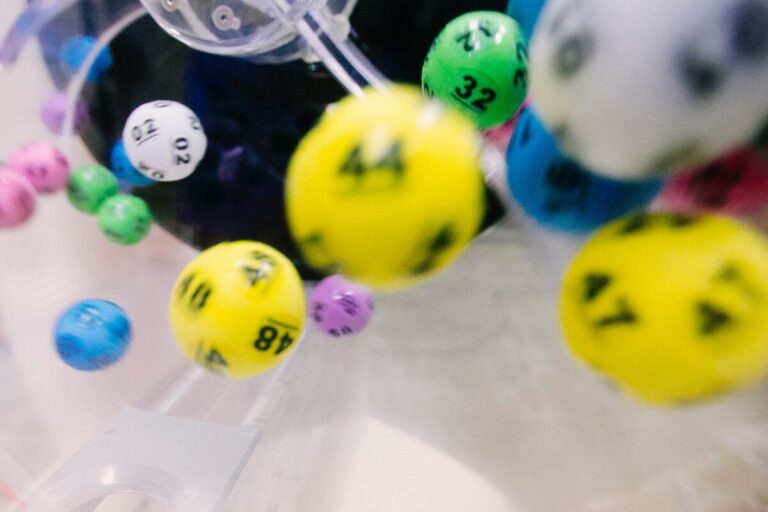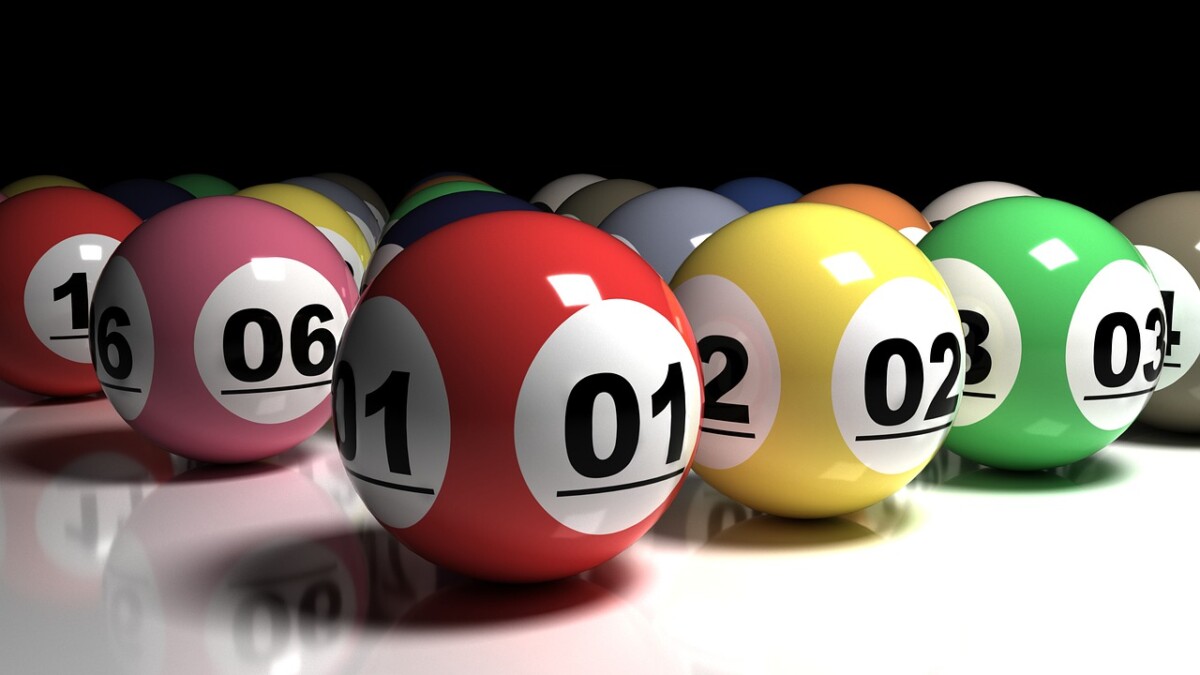Camelot launches legal proceedings over Commission’s decision on National Lottery licence

National Lottery operator Camelot has issued legal proceedings against the Gambling Commission after it announced Allwyn Entertainment UK as its Preferred Applicant for the fourth National Lottery licence on 15 March.
Following the announcement, which would see Camelot lose the licence after 28 years with Allwyn Entertainment UK taking over in 2024, the process then entered a legal standstill period. This allows all applicants to consider the outcome and feed back before any further action is taken.
During this time, Camelot launched a legal challenge in relation to the competition process.
Advertisement
A decision that is ‘badly wrong’
In a statement, its CEO Nigel Railton said Camelot believes the Gambling Commission had made a mistake, saying:
“We are launching a legal challenge in our capacity as an applicant for the Fourth Licence because we firmly believe that the Gambling Commission has got this decision badly wrong. When we received the result, we were shocked by aspects of the decision.
“Despite lengthy correspondence, the Commission has failed to provide a satisfactory response. We are therefore left with no choice but to ask the court to establish what happened.
“Irrespective of Camelot’s dual roles as current operator and applicant for the next National Lottery licence, the competition is one of the largest UK government-sponsored procurements and the process deserves independent scrutiny. Separately, more than 1,000 Camelot employees work tirelessly to successfully operate The National Lottery under the current licence and, at the very least, they are owed a proper explanation.”
‘We have run a fair and robust competition’
In response, the Gambling Commission has said that it believed it had run a fair and robust competition, stating:
“The competition and our evaluation have been carried out fairly and lawfully in accordance with our statutory duties, and we are confident that a court would come to that conclusion.
“We are confident that we have run a fair and robust competition. We have taken every step possible to ensure a level playing field for all interested parties, to enable us to appoint a licensee who will engage and protect players, run the National Lottery with integrity and ensure the National Lottery continues to support good causes and their contribution to society.
“Our priority is to continue to work to implement our decision and ensure a seamless and timely transition to the next licence, for the benefit of participants and good causes. These proceedings will not help that but we trust that Camelot will honour its obligations as the current licensee to cooperate in that transition, and we will continue to use the tools available to us to facilitate that process.”
Since launching in 1994, the National Lottery has always been operated by Camelot. In this time players have collectively raised more than £45 billion for 660,000 good causes across the UK, including £1.88bn in the pandemic year of 2020-1. The current licence expires in 2024, with the Gambling Commission running a competition to find the next licensee. This time round there were four applications for the licence – the highest number of applications since the first one was awarded in 1994. The applicants were Allwyn, Sisal Spa, Camelot UK Lotteries Ltd, and The New Lottery Company Ltd. Camelot was named Reserve Applicant.
When it announced its decision back in March, the Gambling Commission said Allwyn has committed to investment in the National Lottery that it expected to deliver growth and innovation across the National Lottery’s products and channels, resulting in increased contributions to good causes, subject to the protection of participants and propriety.




